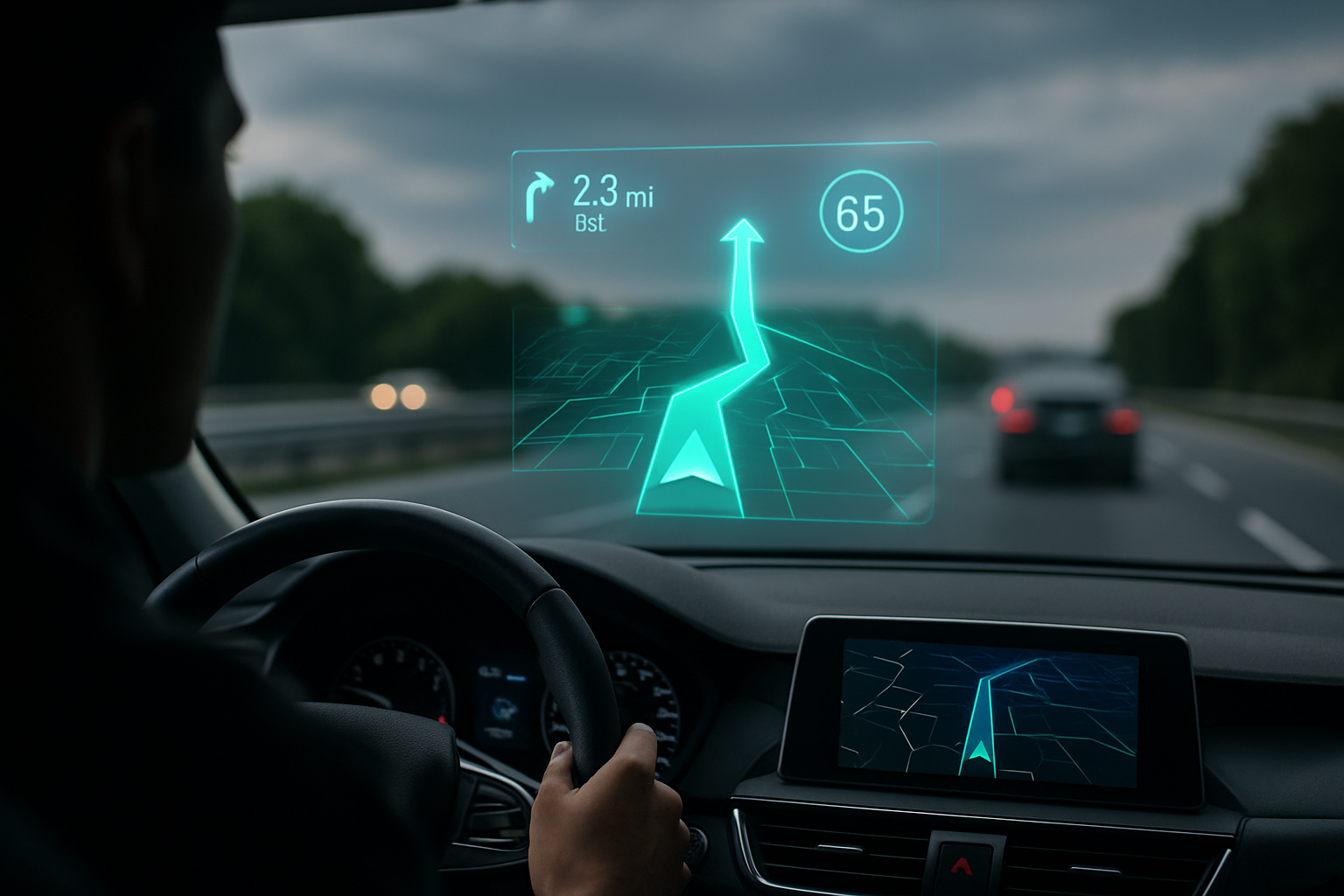Vehicle Trackers: Enhancing Security and Efficiency on the Road
In an era where technology intersects with every aspect of our lives, vehicle trackers have emerged as a powerful tool for both personal and business use. These innovative devices offer a range of benefits, from improving security to optimizing fleet management. As the demand for GPS vehicle tracking devices continues to grow, it's essential to understand how they work, their various applications, and the impact they can have on our daily lives and businesses.

What exactly is a vehicle tracker and how does it work?
A vehicle tracker is a compact electronic device that uses Global Positioning System (GPS) technology to monitor and record the location of a vehicle in real-time. These devices typically consist of a GPS receiver, a cellular modem, and sometimes additional sensors. The GPS receiver picks up signals from satellites to determine the vehicle’s precise location, while the cellular modem transmits this data to a central server or a mobile app. This allows users to track their vehicle’s movements, speed, and other relevant information from anywhere with an internet connection.
What are the main benefits of using a vehicle tracker for car owners?
For individual car owners, installing a vehicle tracker offers several key advantages. Firstly, it significantly enhances security by allowing you to locate your vehicle instantly if it’s stolen. This can lead to faster recovery and potentially deter thieves in the first place. Secondly, it provides peace of mind for parents of young drivers, allowing them to monitor driving habits and ensure their children’s safety. Additionally, some insurance companies offer discounts for vehicles equipped with tracking devices, as they’re considered lower risk. Lastly, in case of an emergency or breakdown, a vehicle tracker can help pinpoint your exact location for faster assistance.
How are GPS vehicle tracking devices used in business operations?
In the business world, GPS vehicle tracking devices have revolutionized fleet management. They enable companies to monitor their entire fleet in real-time, optimizing routes and reducing fuel consumption. This leads to significant cost savings and improved efficiency. Dispatchers can make informed decisions about vehicle allocation, ensuring timely deliveries and better customer service. Moreover, these devices help in maintaining accurate records for regulatory compliance and can even monitor driver behavior, promoting safer driving practices and potentially reducing insurance premiums.
What features should you look for in a real-time vehicle tracker?
When choosing a real-time vehicle tracker, several key features are worth considering. Look for devices that offer accurate GPS positioning, real-time tracking with minimal delay, and a user-friendly interface or mobile app. Battery life is crucial, especially for devices not hardwired to the vehicle’s electrical system. Geofencing capabilities, which allow you to set up virtual boundaries and receive alerts when the vehicle enters or exits these areas, can be particularly useful. Some advanced trackers also offer additional features like engine diagnostics, fuel consumption monitoring, and driver behavior analysis.
Are there any privacy concerns associated with vehicle tracking?
While vehicle trackers offer numerous benefits, they also raise important privacy considerations. For personal use, it’s crucial to ensure that all parties who use the vehicle are aware of and consent to tracking. In a business context, companies must be transparent with employees about tracking policies and comply with relevant data protection regulations. It’s also important to choose a reputable provider that prioritizes data security to prevent unauthorized access to location information. Balancing the benefits of tracking with respect for privacy is essential for ethical use of this technology.
How much does a vehicle tracker typically cost, and are there ongoing fees?
The cost of vehicle trackers can vary widely depending on the features and quality of the device. Basic GPS trackers for personal use can start from around £50 to £100, while more advanced models with additional features may cost £200 or more. For businesses looking at fleet management solutions, the cost per vehicle can be higher, often ranging from £200 to £500 per unit for sophisticated systems.
However, the initial purchase price is not the only cost to consider. Many tracking services require a monthly subscription fee for cellular data transmission and access to tracking platforms. These fees typically range from £5 to £30 per month for personal use, while business plans can cost £20 to £50 per vehicle per month, depending on the level of service and features included.
| Product/Service | Provider | Cost Estimation |
|---|---|---|
| Basic GPS Tracker | TrackerPro UK | £79.99 + £5.99/month |
| Advanced Vehicle Tracker | FleetMaster | £199.99 + £15.99/month |
| Fleet Management System | BusinessTrack | £299/unit + £39.99/vehicle/month |
| Hardwired GPS Tracker | SecureAuto | £149.99 + £9.99/month |
Prices, rates, or cost estimates mentioned in this article are based on the latest available information but may change over time. Independent research is advised before making financial decisions.
In conclusion, vehicle trackers have become an invaluable tool for enhancing security, improving efficiency, and providing peace of mind for both individual car owners and businesses. As technology continues to advance, we can expect these devices to become even more sophisticated, offering additional features and benefits. Whether you’re looking to protect your personal vehicle or optimize a large fleet, understanding the capabilities and considerations of GPS vehicle tracking devices is crucial in today’s connected world.
The shared information of this article is up-to-date as of the publishing date. For more up-to-date information, please conduct your own research.




